Pandora Sykes: ‘If we could just strive for things to be good enough, it would be so freeing’
Features Editor Jenny Proudfoot sits down with bestselling author Pandora Sykes for MC Book Club to talk lockdown, Life Lessons festival and the paperback release of How Do We Know We’re Doing It Right?...
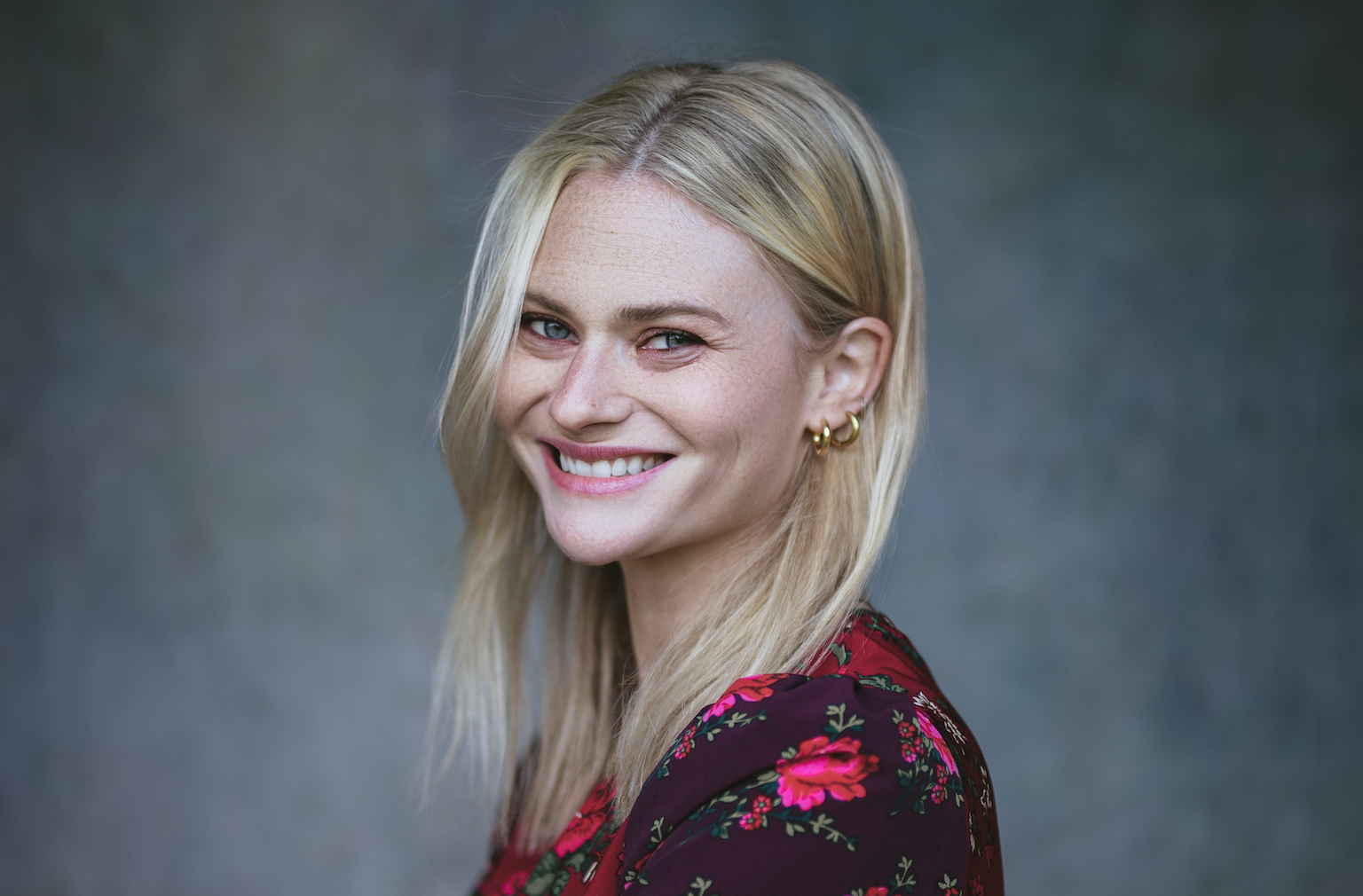

Features Editor Jenny Proudfoot sits down with bestselling author Pandora Sykes for MC Book Club to talk lockdown, Life Lessons festival and the paperback release of How Do We Know We’re Doing It Right?...
You would have to be living under a rock not to have heard of How Do We Know We're Doing It Right?, with Pandora Sykes' collection of essays hailed as a manifesto for modern women.
Deep diving into cancel culture, modern work/life balances and the wellness industry among other topics, Pandora analyses the overwhelming choices and monumental pressures facing us today. But packed with her trademark wit, wisdom and philosophical references (if you know her, you know), this book is the opposite of doom and gloom.
Instead, her judgement-free observations are reassuring, comforting and wholeheartedly uplifting, encouraging readers to stop trying to shortcut to immediate answers but to live the process and delight in life's questions.
With the paperback hitting shelves this summer, the world has changed considerably since its original release, but strangely post-lockdown the essays appear to be even more relevant.
It's hardly surprising therefore that Pandora has been asked to headline Life Lessons Festival next month, speaking in conversation with MP Jess Phillips about big ideas for living a better life.
‘I will be doing a conversation with Jess Phillips which is really exciting,' Pandora explained of the July session. ‘I love Jess - she's fab, so I feel very honoured'.
Marie Claire Newsletter
Celebrity news, beauty, fashion advice, and fascinating features, delivered straight to your inbox!
To find out more, Features Editor Jenny Proudfoot sat down with the wonderful Pandora for MC Book Club. Together they talked lockdown, life lessons and why we should be aiming for good enough over perfect.
Congratulations on the new paperback. Why was writing an updated 2021 prologue important for you?
I think it's always nice with a paperback to offer a little something else and also I think it's an opportunity to reflect on how that material might have changed since it came out. Obviously when you're writing essays about life, they could have changed in loads of ways. Interestingly I thought they might date more quickly than I feel they have. I hope there's lots in there that still feels really relevant for now but I suppose I wanted to couch it with a ‘wow, what a year it's been since I finished this’. And with the prologue, there was a specific tone that I wanted to get with it. It's obviously been a devastating year for so many people and a year of great change and confusion for us all, but I didn't want it to be doomy or falsely optimistic. I think there’s a difference between optimism and hope, and what I wanted it to feel was hopeful. To feel that maybe we should use this as an opportunity to do things differently and to feel hopeful about what that could look like.
It must have been a challenging task because this year has been so different for everyone...
It's been a suspension of life as we know it and it has been so different for everyone. For some it’s been 'The Great Pause', but then I think that can sound really insulting to others who are like ‘It hasn’t been a pause, it’s been so hectic’. Some people have felt comatose, paralysed, bored out their skulls, but then other people who are homeschooling with full-time jobs have not had a moment to think which is equally damaging. I think there’s damage from all spectrums. Neither is optimum. You need some time to yourself, but you also need social interaction and interruption.
You write about the general loss of control that we have all felt this past year. Have you found it to be a liberating experience?
I think for people who are controlling or would self-define as control freaks then the year was a challenge, but probably quite a good one. I was very controlling about my standards of performance - the way I needed to get things done and the amount of things I needed to get done within a period of time. Over lockdown I kind of went through a process of de-routining myself. It was countercultural because obviously this was a time where people were being told to have a routine to keep themselves sane, but I actually felt like I had got too routined and was slightly imprisoned by it. I had also just had my second child and I think there's always a period of renegotiation when you have another child, so I sort of just decided to throw things up in the air a bit more. I do feel less controlling now, however I think the two unfortunately are in tandem with me as I'm also much less efficient. Despite having barely left the house this year, I don't know where my credit card, passport or keys are, I’m late for every deadline and I'm late for every meeting. That’s clearly what happens when I relinquish some control but I’m kind of OK with it because I do feel free-er in my mind and that’s a really nice feeling when you're trying to create stuff. That sounds really wanky but I don't really know how else to put it.
Was the aim of these essays always to comfort and reassure?
Definitely. It felt like quite a difficult tightrope to balance in that I've never been interested in being provocative but I wanted to provoke. I wanted to ask questions but I didn't want the reader to come away feeling more depressed and confused. The whole point was to offer a clarity just by laying things out and saying how I saw it. To say, 'just so you know this is perhaps the place that you sometimes operate from with your thinking'. And really to make people (myself included) realise that our decisions and choices are rarely made in a vacuum - that those choices and the context is very often loaded. But I think in order to do that I was probably asking the reader to slightly part ways with their ego.
I imagine it’s hard to critique phenomenons without sounding critical…
Yes, particularly in the essay on wellness. It was probably quite a punchy first essay to begin with and I know that it did actually get some people stoked up. It was not meant to be an assault on people's decision making when it comes to how they look after themselves or what they deem as acts of self-care. I absolutely think that you should look after yourself and alleviate stress and do all those things in any way that suits you. What I had a problem with was the business of wellness - the selling of a lifestyle and of gizmos and gadgets at a very high price as if they could make any social or systemic difference. That was what I wanted to tease apart but I think it can make people feel like maybe I'm being critical of their choices and I absolutely don't want to do that. It is a fine line and I'm sure it didn't succeed for everyone, but I didn't want there to by any judgment. I really don't judge how people choose to live their lives - I just wanted there to be an awareness of how it's perhaps feeding into a bigger myth.
Your essays pose open-ended questions rather than shortcutting to conclusions - is that something we should all be doing more?
Yeah, totally. When we were doing The High Low, something I experienced a lot is that people always wanted us to have conclusions on everything and they didn't like it when we sat on the fence. They didn't like it when we were ambivalent - they saw it as us hedging our bets or me trying not to offend anyone. And it's true I don't like offending people, but I also think that I so rarely have a definitive answer on something. I also really believe in listening to people's points. We say all this stuff like ‘live the process’ but people are definitely not living the process.
Female authors have been speaking out about feeling pressure to share their lives in order to elevate their work. Is this something that you have experienced?
I really rail against this idea that in order to be likeable or meaningful you must share all the vulnerable parts of your life. I don't think it's always a catharsis to share everything so I do really resent the way that it’s expected from women, particularly young women. I think my personality is part of my work and probably because of The High Low, my identities are quite blurry in that sense, but I do think of me and my work as separate things, and I would rather keep some stuff back and sell less books than sell myself. I'm really happy to share but I'm not willing to mine myself in order for people to think that my thoughts are valuable.
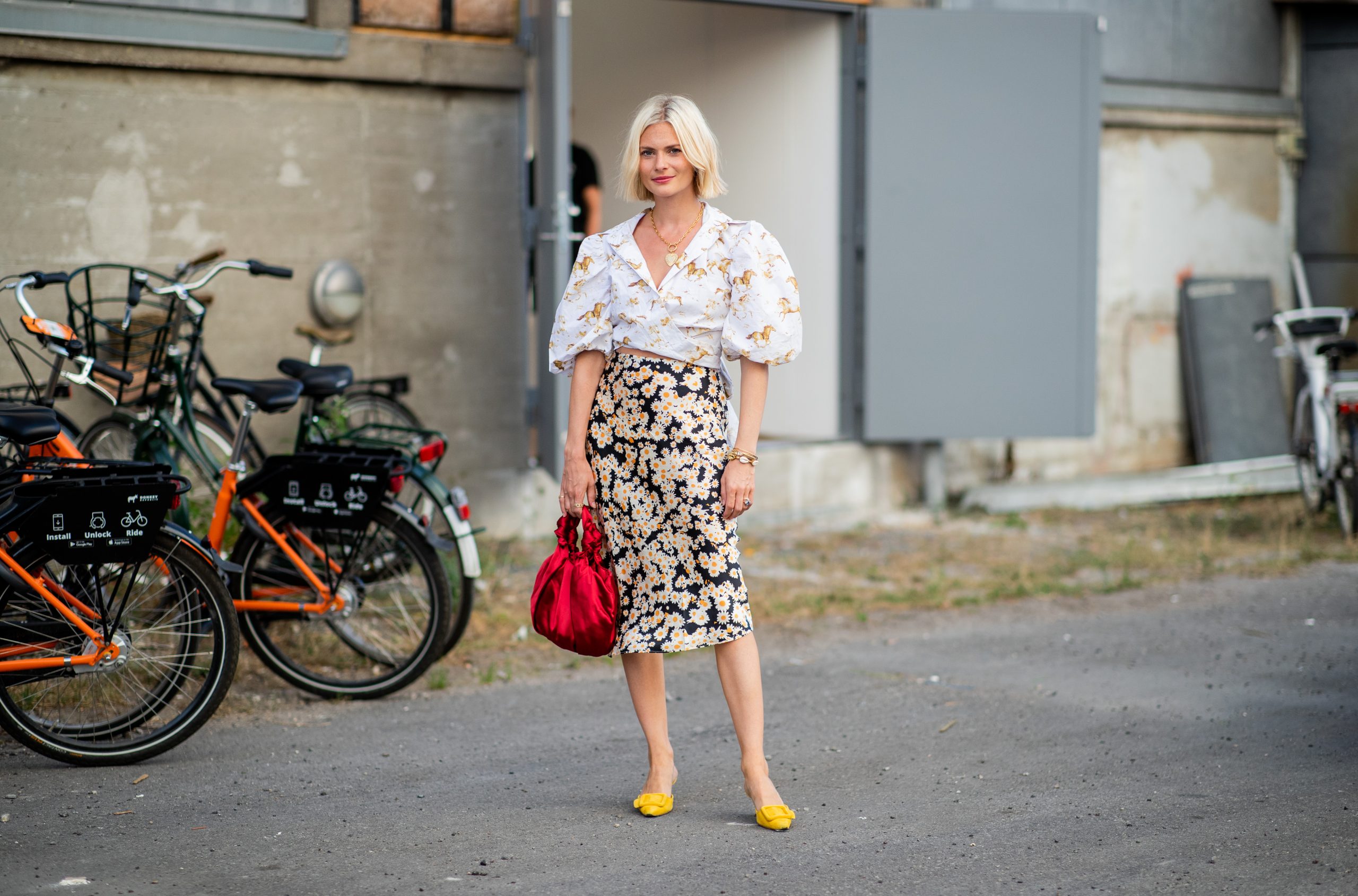
I was fascinated by your words on the good enough vs perfectionism. Can you elaborate on that?
‘The good enough’ is most commonly applied to parenting and it came from a man named Donald Winnicott. It’s about not trying to be the best parent, but just trying to be good enough. It's really revolutionary in terms of parenting but I think that you can expand it beyond that. I have a terrible tendency for instance to see every project as my dying piece of work which adds so much pressure. Instead, it’s about thinking, ‘Have I delivered what I said I'd deliver, and did I do it to the best of my ability at that time? OK, well then that's good enough.’ Every holiday, dinner and date you go on do not need to be the best ever - if we could just strive for things to be good enough, it would be so freeing. There's a behavioural scientist called Paul Dolan who puts it another way when he talks about satisficers and maximisers. Satisficers are generally happier than maximisers because they just choose the satisfying option. They don’t sift through them all to find the one that will have the maximum benefit or impact. They are able to make a decision and then move on from it because they never thought it was going to be the best decision they ever made - they just thought it was going to be good enough.
This book is so well-researched. It must have taken you ages...
God it really did and I had no idea how long it would take me. I was lucky that my editors and publisher didn’t need to know the conclusion I would arrive at so I didn't really know the course of the essays going in and nothing had a set conclusion. I reckon I read about 100 books for it (mostly non-fiction) over the course of maybe 10 months - so yes, I found that extraordinarily overwhelming, but I’m a reader before I’m a writer. I didn't really know when to finish my research to be honest - I think I could have kept going forever. Funnily enough, if I was writing it again I think I would metabolise it slightly differently. I would have absorbed more of the research and quoted people less. The book is very quote-heavy - I love reading books like that because then I go away and read other people's work but I think it's probably a less relaxing reading experience.
What role do books play in your life?
They are the most important thing in my life by far aside from living breathing humans. People often ask me how I read so much and I'm always really keen to stress that I'm not a cook (I make very rudimentary meals and I'm very lucky that my husband is a better cook than I am). Also, this is not something to emulate or be proud of but I don't have a workout routine so all my free hours when I'm not parenting, working or admin-ing are spent reading. But also, for me it's a selfish act. I don't know who I am without books, I feel very anxious without them - they fill me up. They’re what I know how to do and reading gives me so much.
Did you find reading to be a particular solace during lockdown?
Yes. I mean I’m really lucky to have a go-to hobby which worked very well being trapped indoors, so for me it was definitely handy. Also, where I feel really lucky is that I love nonfiction as much as fiction and they are very different reading experiences. In fact, they are so different to me that they almost feel like different activities, so I feel like I have true variety in my diet.
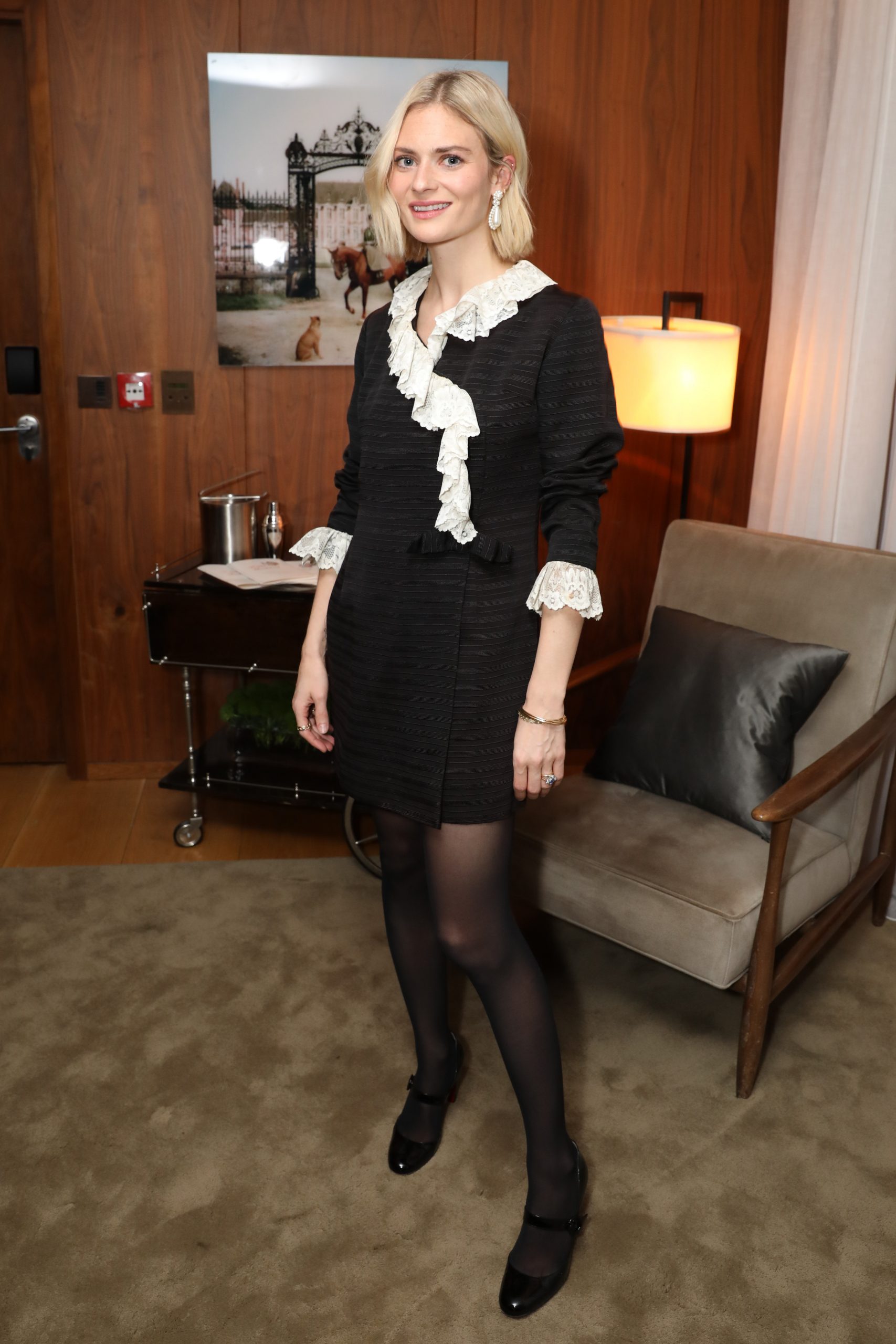
What type of books do you generally gravitate towards?
The bulk of my time with fiction tends to be reading debuts and interviewing debut authors. I love supporting them, but that can mean that I neglect older books - the classics. I realised the other day that I've never read Love in the Time of Cholera or Captain Corelli’s Mandolin and there's way more. I don't really make New Year's resolutions anymore because they never work but if I was going to make one for 2022 or just from here on out, it would be to read more classics.
Is there a particular book that you've loved this year?
Oh God, that’s hard. Sorrow and Bliss by Meg Mason is wonderful. It’s a novel about a woman living with lifelong depression. The conversation around mental health is really opening up at the moment but this is the first book I’ve read about the undramatic and often petty ways in which it can manifest day to day. It's not necessarily breakdowns every day, it's just living life in a different way and seeing the world through a different lens. I found it unbelievably thoughtful and detailed about what it’s like to live that life and what it's like for everyone around you - and she doesn't pull punches. The people around Martha are fed up with the black dog always being in the room with them and that's something that can be a bit taboo - the fact that other people's mental health can be annoying and tedious. It's so beautiful and I think it's a really important book about depression.
On the topic of life lessons, what is an important one to take with us as we re-enter the world?
Oh God, baby steps. I think if anything this year has really taught me to take every day as it comes. The future is a foreign land and I try not to stray there too much now because it can be used as a distraction from the present. Looking forward to stuff is really important and I think the absence of that is one of the reasons why people struggled so much in lockdown. But what I did find really helpful in terms of getting overwhelmed or another dreadful buzzword 'burnout' is just focusing on the here and now. What my capabilities are in the here and now, and also what kind of person I am right now, because we just expect people to know exactly who they are all the time and that makes absolutely no sense. You're changing all the time. I write in the book about how we’re each a compilation of selves, not one self, and so I think focusing on the present is something I would really like to take forward. I think it would help other people too.
How Do We Know We're Doing It Right? is available in paperback now, at £8.99.
Life Lessons Festival will run from 16th-18th July at Chiswick House and Gardens, featuring talks from politicians, authors and scientific heroes - and in case you needed encouragement, every ticket comes with a book.
Book your tickets now at lifeslessonsfestival.com to see Pandora Sykes in conversation with Jess Philips.

Jenny Proudfoot is an award-winning journalist, specialising in lifestyle, culture, entertainment, international development and politics. She has worked at Marie Claire UK for seven years, rising from intern to Features Editor and is now the most published Marie Claire writer of all time. She was made a 30 under 30 award-winner last year and named a rising star in journalism by the Professional Publishers Association.
-
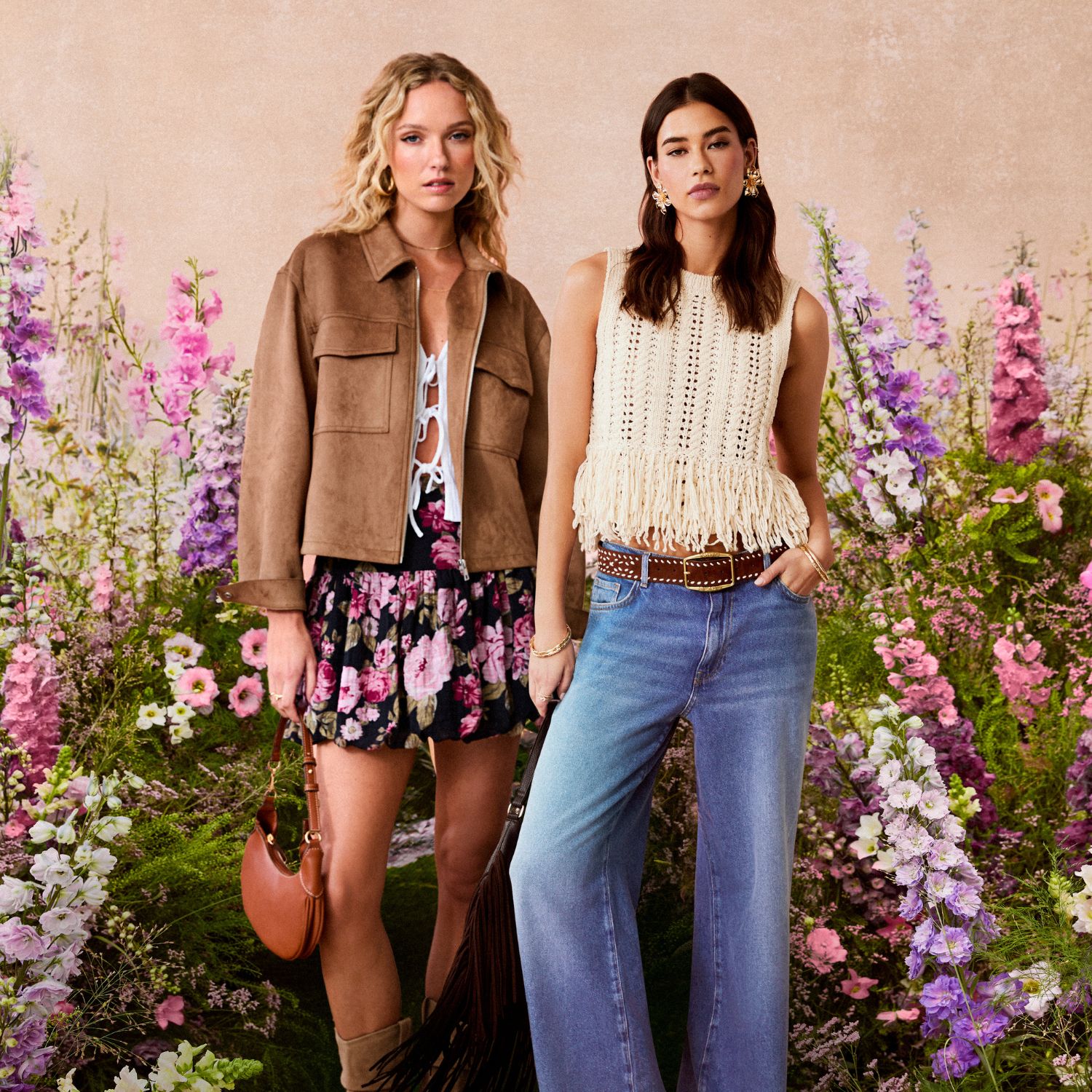 New Look’s spring collection has dropped - As a picky fashion editor, I’m seriously impressed
New Look’s spring collection has dropped - As a picky fashion editor, I’m seriously impressedSpring trends at affordable prices
By Jazzria Harris
-
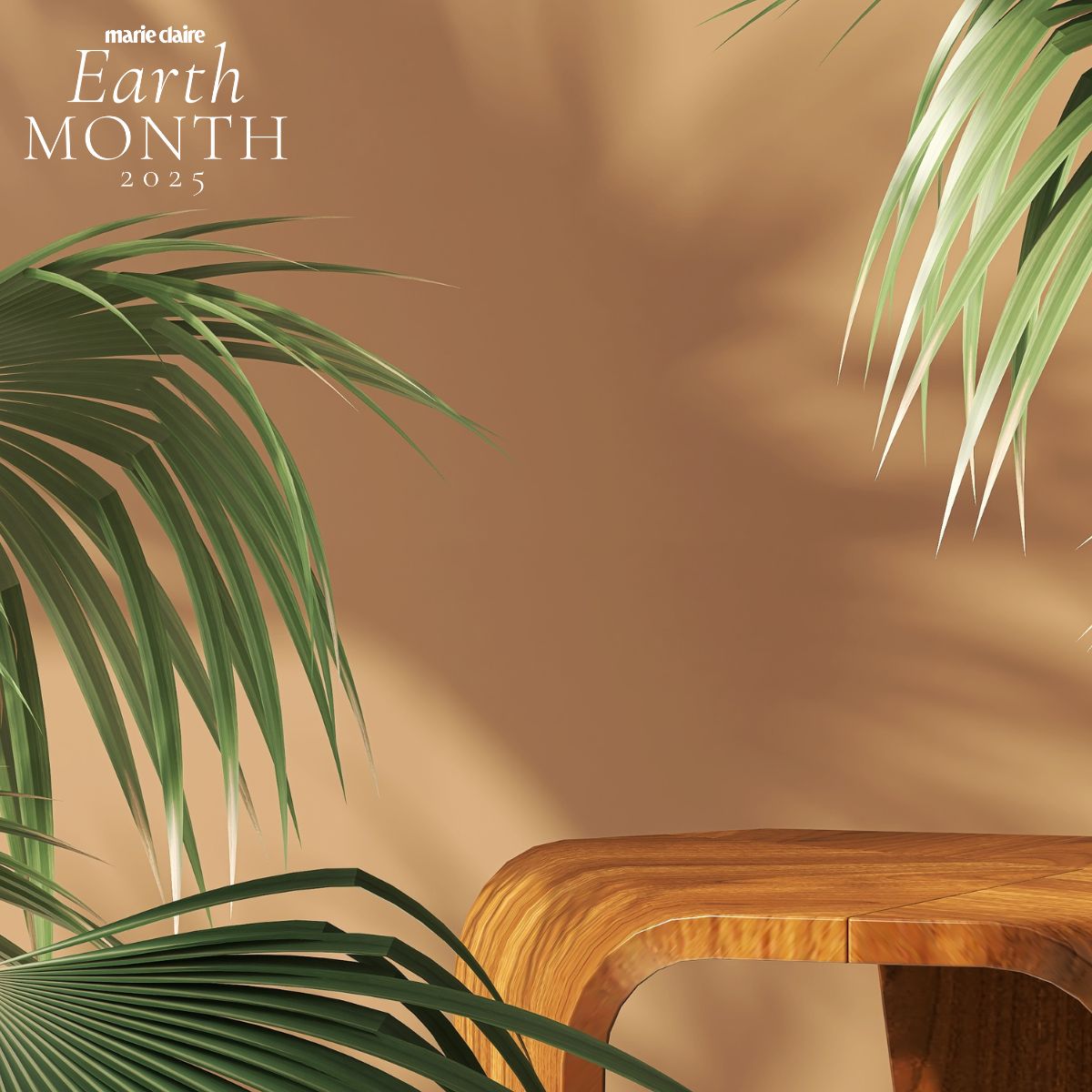 I'm the founder of an ethical brand marketplace - why, in the wake of tariff-gate, protecting independent businesses is more important than ever
I'm the founder of an ethical brand marketplace - why, in the wake of tariff-gate, protecting independent businesses is more important than everThis Earth Day, the founder of Wolf & Badger shares why protecting sustainable brands is so pivotal.
By Ally Head
-
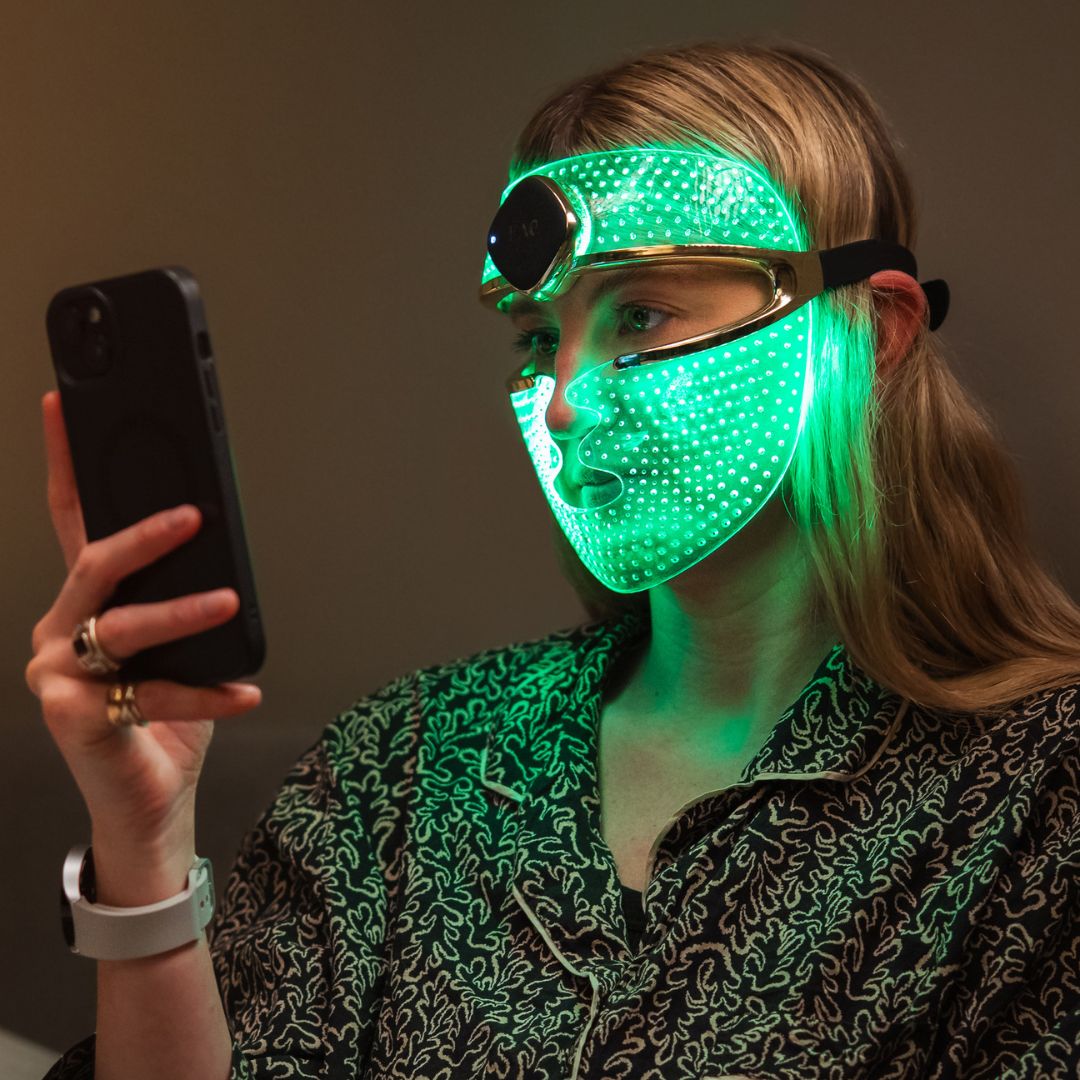 Three ways to enhance your skincare routine with technology
Three ways to enhance your skincare routine with technologyBy Jenny Proudfoot